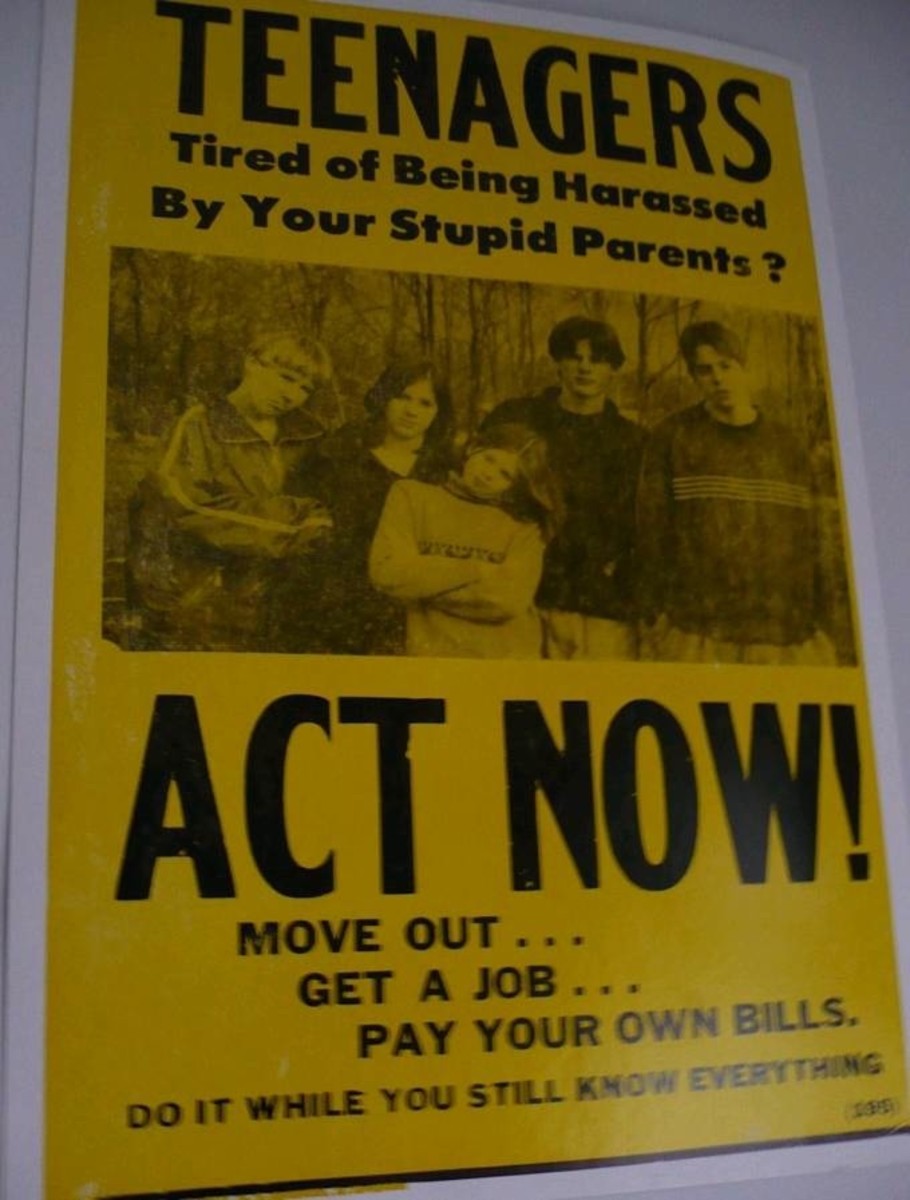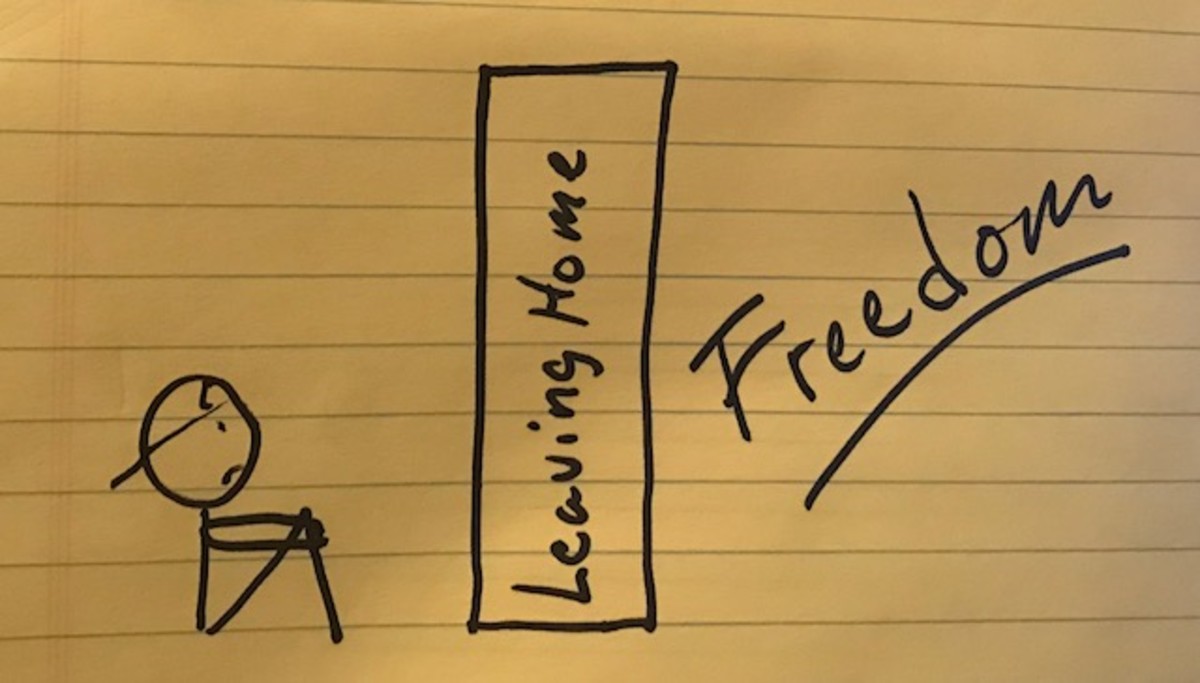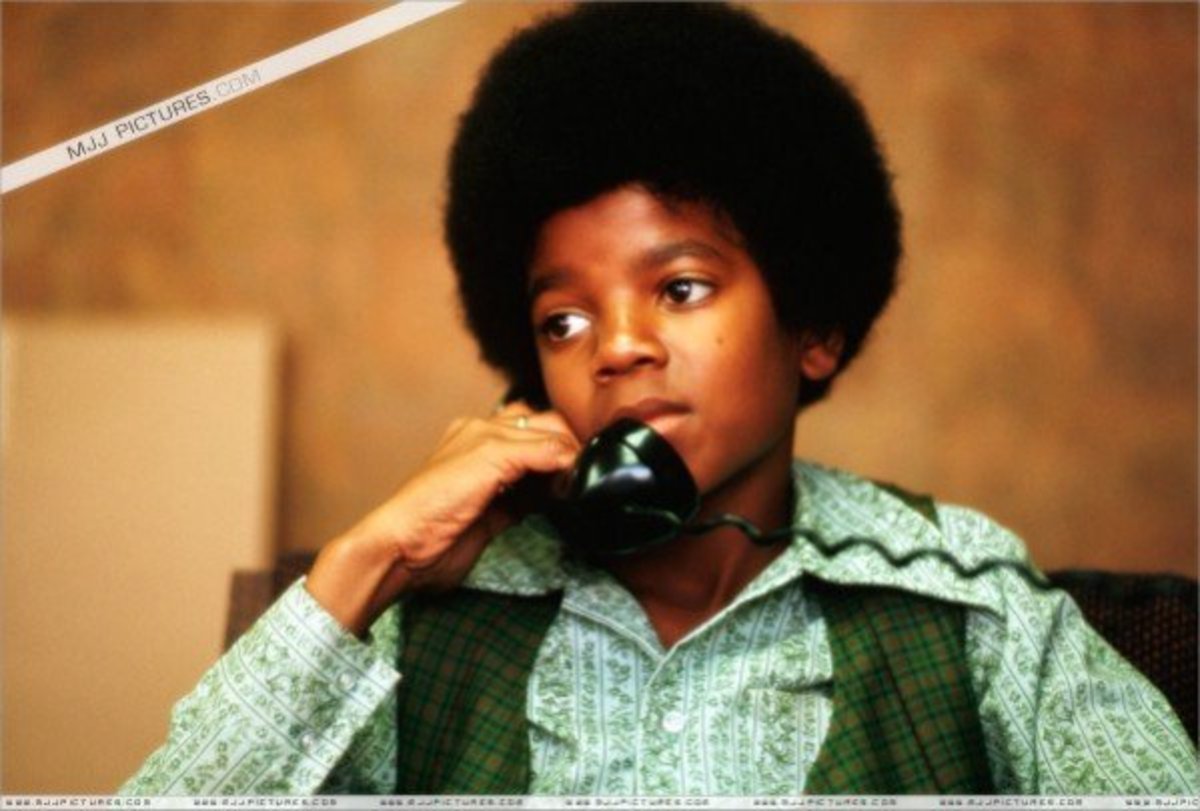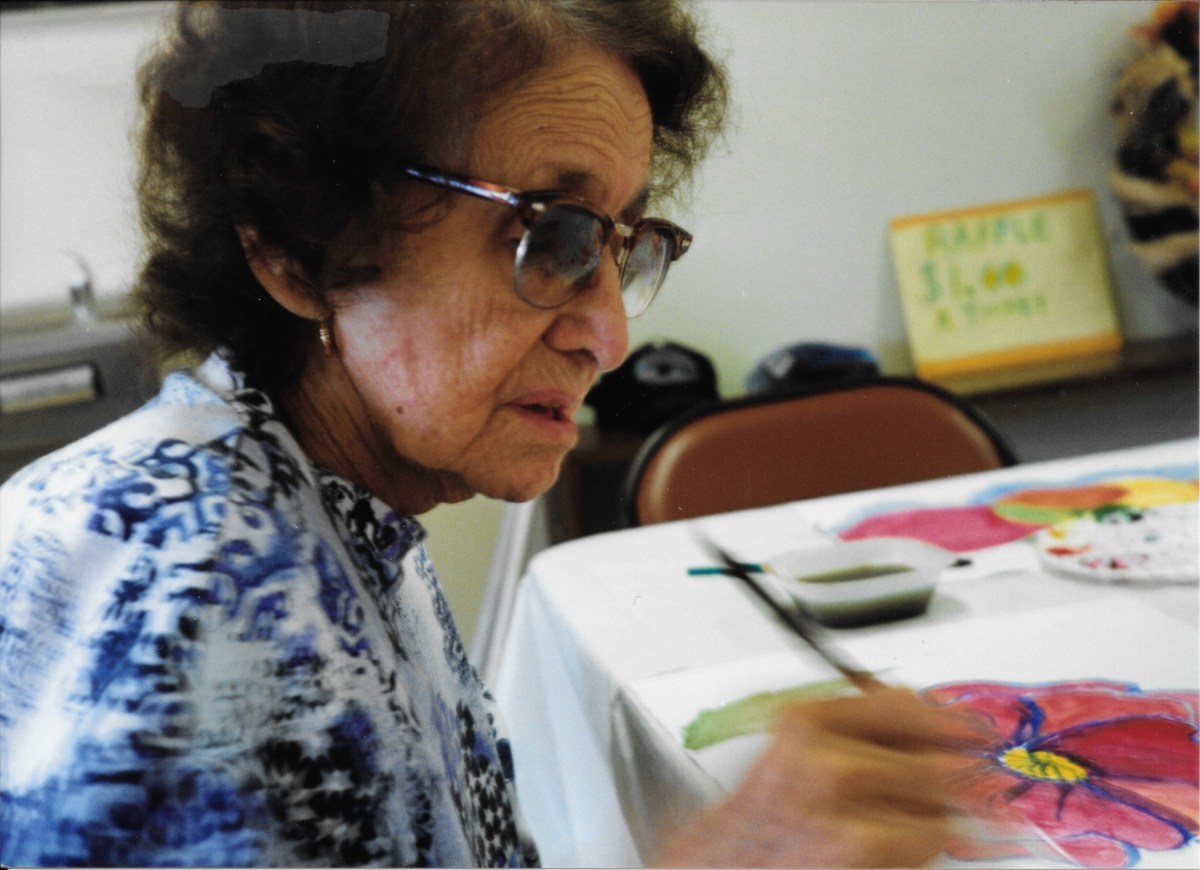Learning To Let Go Part 2: What Adult Children Should Know About Their Parents

Three weeks ago, I wrote a hub about what parents should know about their adult children. In that hub, I said that all relationships are a two-way street: it takes two to tango. I also said that most conflict comes from faulty expectations. i laid the bulk of that blame on the parents' inability to let their adult children actually be adults. Specifically, I addressed the need for boundaries and invitation into their lives. I also said that the adult children had faulty expectations at times, also. That is the direction of this hub: to show the faulty expectations that adult children have toward their parents and how to overcome those expectations. My goal in all of this is to help people to have healthy relationships. Relationships are the single most important thing in life, but sadly, most of us do not understand them. It is a journey that we all should take because, other than God, other people are the only constant in our lives. In everyday life, most of us will have interaction with others at some level. It could be our co-workers, or the cashier at McDonalds, but we will have interaction nearly every day. Since that is the case, we should try to understand how to relate to people at every level. I will write more about various relationships in the coming days, but for now let's look at the parent-adult child relationship.

Faulty Expectations of Adult Children
In the same way that parents of adult children believe that there are no boundaries regarding input, adult children seem to believe there are no boundaries in regard to their parents' resources. It seems they want independence and freedom, but they want Mom and Dad to foot the bill. If not in actual money, then in other ways. Where conflict comes in is when the parent tells the child to stand on their own two feet. I have seen this in my own life. I am blessed in that we have had help from my in-laws. In every case that we asked for help, we have paid them back without fail. We do not expect things to just be given. Why? Because my wife and I understand that just because she is their child does not entitle us to their stuff. We have always set up a payment system that we all agree to and stick to it.
Now my in-laws have the resources just to give those things to us. We have had a lot given to us, but the things given to us were never asked for. When we ask, we pay it back. This keeps a lot of tension from the family, because there is not that sense of indebtedness. We pay it back, so we do not feel inferior or lacking. When things are given, I don't feel indebted, just grateful. Adult children, however, who assume that their parents owe them help, without repayment, will always struggle when the parents don't give in. They will always feel less of a person, and then blame Mom and Dad! Let's look at this example: my in-laws gave my wife and I some land to build a house on. That was their gift to us. We did not ask for it or assume they should give it to us. It was a decision of their own making. They also paid to build the house, with the understanding that we would pay them back monthly just like we would to a mortgage company. Did they help? Absolutely! Did we assume they should just give us the house also? Absolutely not!
What adult children have to realize is that once they are grown, Mom and Dad have to refocus their lives. They have to get ready for the next phase of their life which is usually retirement. If I give all of my resources to my children, how can I retire and still be a blessing to them and my grandchildren? Also, by handing over without recompense, the adult child becomes unable to handle life and its consequences. Why be responsible? Mom and Dad will bail me out! Now that being said, my children know they can come to me for help. They just might not get FREE help. So, they should expect help, but they should not assume that it will be without responsibility. When you don't assume that your parents should give you a free ride, you never feel indebted. Eventually, the feeling of indebtedness makes a person bitter to the person they feel indebted to. That creates an entirely new set of problems. On a side note to parents: if your children are paying you back, don't hold it over their heads.

Besides Money and Things
Another faulty assumption that adult children make is that the parents should help secure employment for them. You know, Dad, put in a good word for me where you work. What a mess this can make! What the adult child should do is to get their own employment and build a track record of dependability. I will not refer anyone that has not proven themselves. Does it mean they make less money for awhile? Probably, but that is the price of independence. That also includes using your parents' circles of influence to advance your career. Remember, you are not entitled to any of your parents' resources.
I have seen family businesses become inefficient because of this philosophy. I worked in a factory that was family-owned and was run by two brothers. One of the brothers created a job for his son. It was a total waste of money. He was a good guy, but he did not earn his place. The brothers had both worked for their parents in the plant before they took over running the business. It was also hard for the employees to trust what he said and caused some confusion. Nothing major, but it could have easily been a disaster. There was a daughter of one of the brothers who also worked there, but again she had worked and earned her place.
Think of it this way.....whoever hands you anything gets to take the credit for your success. Again, I am not saying that parents shouldn't help their adult children. I believe there should be a proving period first. There is a reason why states require learner's permits before teens are handed freedom through a driver's license. There is a reason schools require a certain amount of education before handing someone a diploma. Those rules should apply to adult children,also.

Overcoming Those Faulty Expectations
Overcoming those expectations and assumptions is relatively easy. For the adult child, you simply need to grow up. That may mean turning down assistance, or at the very least, paying back what you owe Mom and Dad. Pay them regularly. Don't assume you can skip a payment or two without discussing it first. Treat it like you would any other debt. Begin to create your own circles of influence. Most of all, don't assume you are entitled just because you are their child. They don't owe you anything! Here is a great way to bring yourself to that place: treat them to things once in a while. Take them out to dinner, or to a movie.
For parents, sometimes you have to let them fall. If you give them money, make sure they pay it back. Then it becomes a controlled fall, not a free fall. Tell them up front if you can not recommend them to your circles of influence. Do not assume they should get a free pass because they are your child. Show me a child that has had things handed to them, and I will show you a person who will not succeed in the most basic parts of life. Will some of them have material things? Sure, but their self-image will suffer, and.ultimately, so will their relationships with others. Their life will go unchecked, and it will lead to chaos and turmoil. The most adjusted adults have always been those who have not had things handed to them. Here is a motto to sum it up: Help, don't hand.








